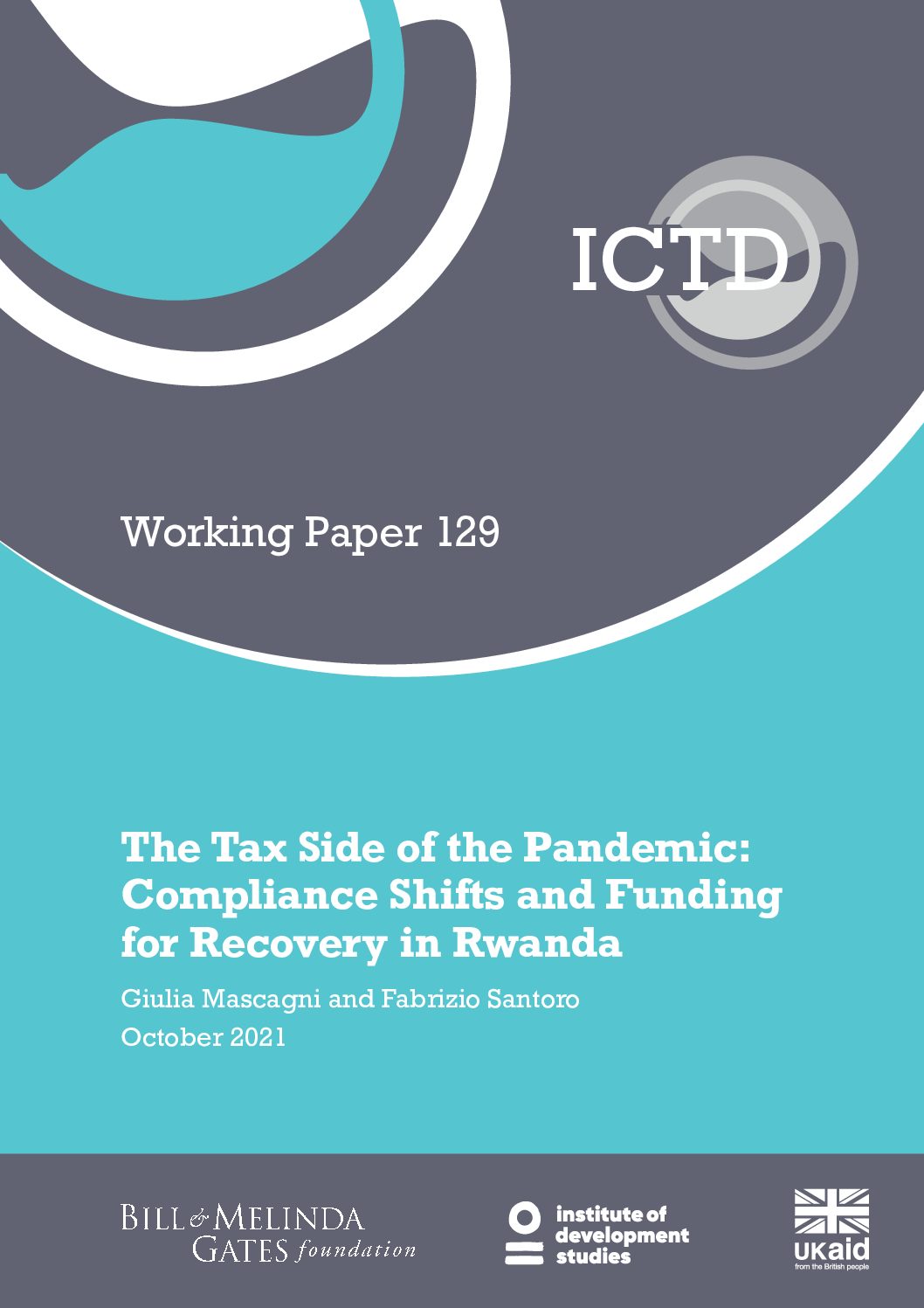Working Paper 129
While much knowledge is being generated on the impact of the pandemic, we still know very little on its implications on taxation in low-income countries. Yet, tax is crucial to fund crisis response and recovery, in addition to broader development plans and expanded government expenditure.
This paper starts addressing this gap using a unique dataset of survey and administrative data from Rwanda. We document two significant shifts in taxpayers’ views: perceptions about the fairness of the tax system improve by 40 per cent, and their attitudes to compliance become more conditional on the provision of public services of sufficiently good quality.
Importantly, these shifts are accompanied by improvements in actual compliance behaviour: using data from tax returns, we show that firms that declare after the onset of the crisis are substantially more compliant than others. We then investigate public support for increasing various tax options to fund crisis response and recovery. Taxing large companies and the richest enjoy the greatest support, which, however, declines as income increases.
These results allow us to make some recommendations and considerations on tax policy responses to the crisis.
